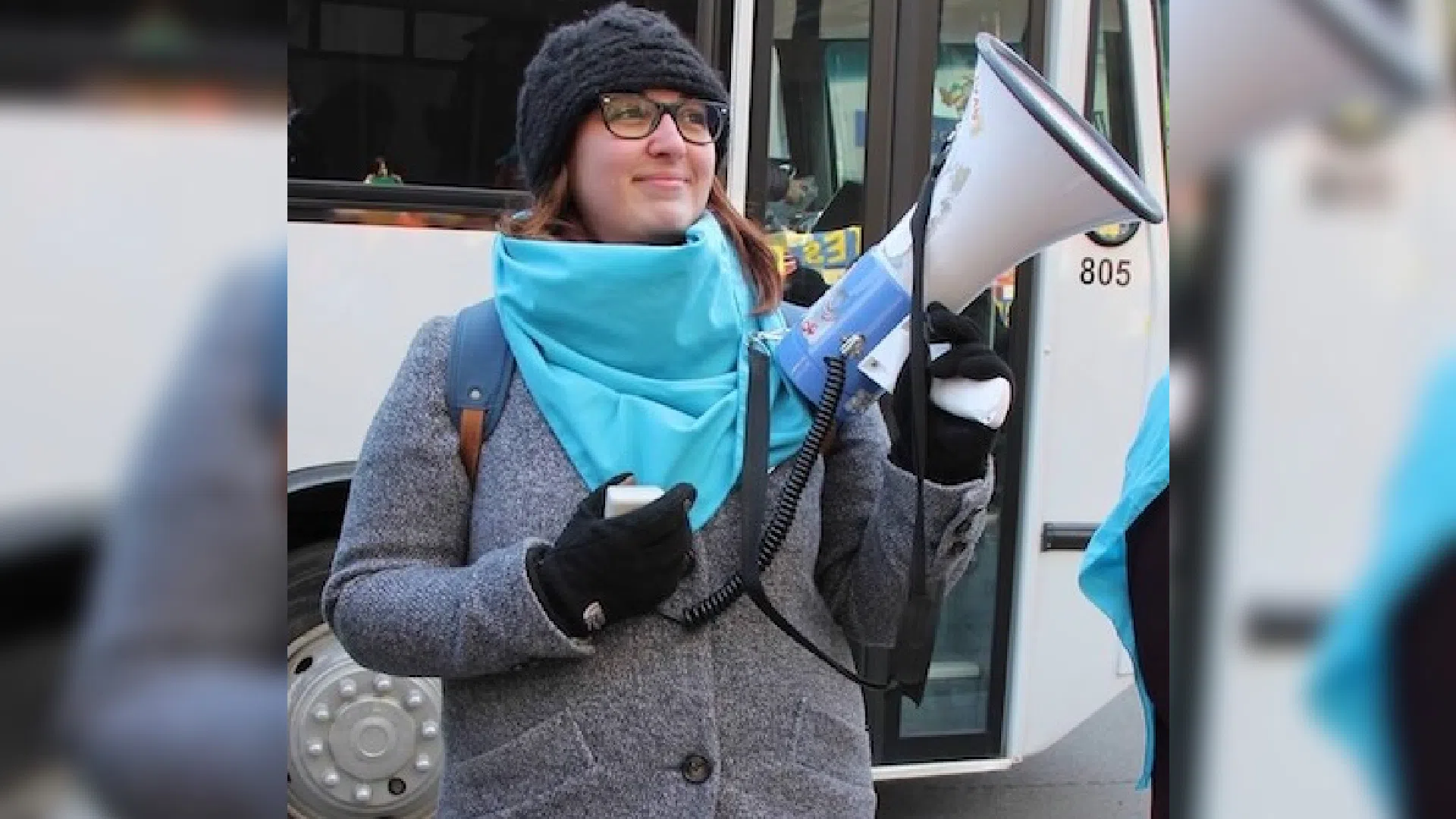
Janelle LeBlanc is the provincial coordinator of the Common Front for Social Justice. (Image submitted)
The Common Front for Social Justice wants the province to implement long-term solutions to help those living in poverty.
Last week, the province announced an emergency fuel and food benefit to help low-income individuals and families with the rising cost of living.
A one-time payment of $225, or $450 for families, will be distributed to existing Social Development clients who are receiving low-income or housing benefits.
Janelle LeBlanc, the provincial coordinator of the Common Front for Social Justice, said the benefit is a start, but it does not go far enough.
“We do need some immediate measures and these will provide some relief to existing Social Development clients,” LeBlanc said in an interview. “However, they are temporary and they do exclude many people living in poverty, including low-income workers and those who earn the current minimum wage of $12.75.”
The Department of Social Development said more than 75,000 people are eligible to receive the benefit.
LeBlanc said there also remains uncertainty about when clients will receive this new one-time payment.
“What’s going to happen in the next few months if the inflation rate continues to rise,” she said. “We know rent has been increasing quite a bit these past few years, grocery costs, electricity costs, so we do need more permanent measures.”
The organization recommends the province increase the minimum wage to a living wage, which is an average of $20 per hour.
Other suggestions include:
- Raising the basic rate for social assistance to ensure it reflects a living wage
- Providing free access to public transit
- Developing a free rural transit system accessible for people with disabilities
- Adding 10 employer-paid annual sick days to the Employment Standards Act
- Axing the Household Income Policy for all social assistance recipients
- Immediately increasing investments in public services, such as health, social services, education, social and co-op housing
“We know that so many people can’t make ends meet right now and they haven’t been for many years,” said LeBlanc.







